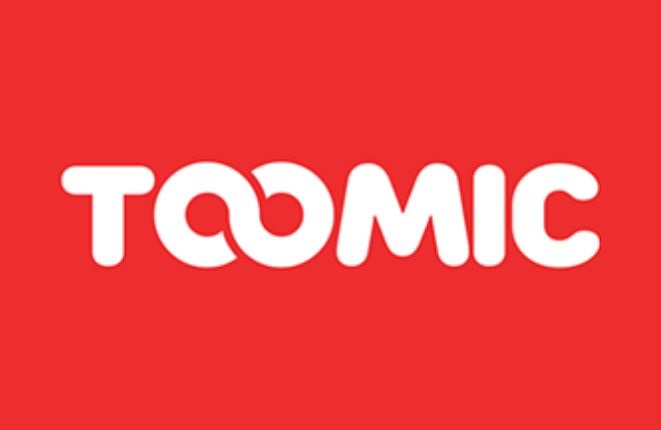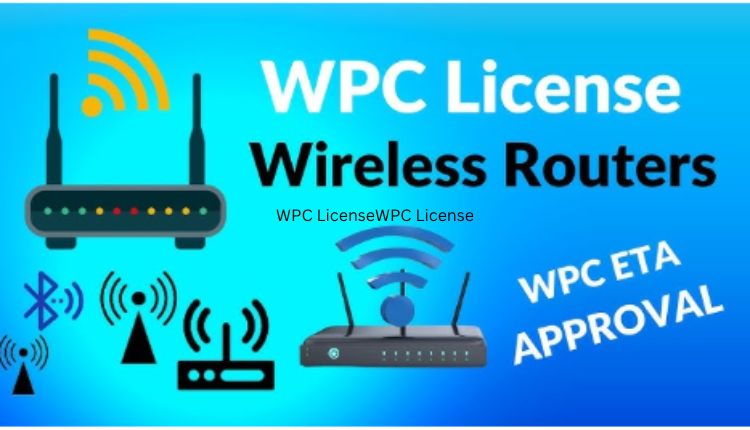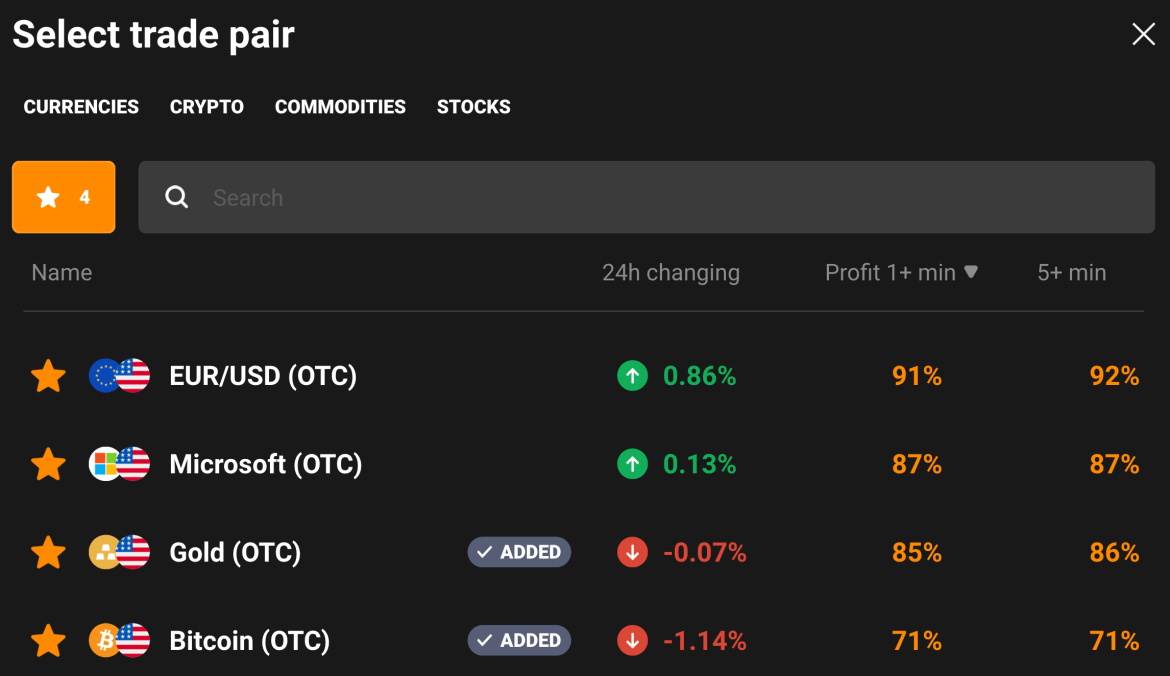The King Cobra, one of the most iconic and feared reptiles in the world, is an impressive species with its distinctive hood, powerful presence, and dangerous venom. Found primarily in the forests of Southeast Asia, the King Cobra (Ophiophagus hannah) is renowned for its size, striking appearance, and its ability to hunt other snakes. In recent years, there has been an increasing interest in purchasing these awe-inspiring snakes as exotic pets. However, owning a King Cobra is not a decision to be made lightly. If you are considering purchasing a King Cobra for sale, there are several important factors you need to take into account. This article will explore the key considerations you should make before taking the plunge into owning one of these magnificent, yet highly dangerous creatures.
Understanding The King Cobra
Before even thinking about king cobra for sale, it’s essential to understand what you’re dealing with. The King Cobra is the longest venomous snake in the world, capable of reaching lengths of up to 18 feet (5.5 meters). Despite its fearsome reputation, it is primarily shy and avoids human contact in the wild. However, due to its size and potent venom, it is considered one of the most dangerous snakes to handle. Unlike most venomous snakes, the King Cobra is a “spitting” snake, capable of delivering a precise venomous bite or spraying venom to defend itself when it feels threatened.
King Cobras primarily feed on other snakes, including venomous species, and even large prey like monitor lizards. Their venom is neurotoxic, attacking the nervous system of their victims. In humans, a bite from a King Cobra can be fatal if not treated immediately. This makes owning a King Cobra an extremely risky proposition without the proper knowledge, equipment, and safety protocols in place.
The Legalities Of Owning A King Cobra
Before you even consider purchasing a King Cobra, it’s crucial to investigate whether it is legal to own one in your area. Many countries and regions have strict regulations surrounding the ownership of venomous snakes due to safety concerns. In some places, owning a King Cobra may be completely prohibited, while others may require special permits or licenses. It’s essential to ensure that you are complying with all local, state, and federal laws before making a purchase.
If you live in a region where owning a King Cobra is permitted, be prepared to meet specific requirements. These may include owning specialized enclosures, providing detailed records of your snake’s care, and proving that you have the necessary experience to handle such a dangerous species. Failing to adhere to these regulations can result in fines, confiscation of the animal, or worse.
The Cost Of Owning A King Cobra
Purchasing a King Cobra is not cheap. The price of a King Cobra can vary greatly depending on the breeder, location, and the snake’s age and size. On average, you can expect to pay anywhere from $2,000 to $5,000 or more for a young King Cobra. However, the initial cost of purchasing the snake is only the beginning. King Cobras require specialized care, and keeping them as pets involves significant financial commitment.
Enclosures for King Cobras must be secure and escape-proof, as they are powerful and capable of squeezing through small gaps. A high-quality enclosure can cost several hundred to a few thousand dollars, depending on its size and features. Furthermore, you will need to provide adequate heating, humidity control, and ventilation for the snake, which may require additional equipment like heat lamps, thermostats, and misting systems. The cost of these setups can easily run into the hundreds of dollars.
In addition to the cost of the enclosure and equipment, feeding a King Cobra can be expensive. These snakes require a diet of whole prey, such as rats, rabbits, or even other snakes. As they grow, their dietary needs will increase, and you may need to feed them larger and more expensive prey.
The Risks Of Owning A King Cobra
Owning a King Cobra is not for the faint of heart. While they are fascinating creatures, they come with significant risks. The most obvious risk is the snake’s venom. If bitten by a King Cobra, you will need immediate medical attention. Antivenom is available, but it may not be effective if administered too late. Bites from King Cobras are extremely dangerous and can lead to paralysis or death without prompt treatment.
Even experienced snake owners can find handling a King Cobra difficult and dangerous. They are incredibly strong, fast, and aggressive when provoked, and their size can make them difficult to control. Handling a venomous snake of this caliber requires advanced knowledge of snake behavior and proper techniques for dealing with them. If you are inexperienced or unsure about handling venomous snakes, owning a King Cobra is not recommended.
Additionally, King Cobras require a large amount of space to thrive. A small enclosure will stress the snake and lead to poor health. If you cannot provide the proper space, heating, humidity, and diet, you risk compromising the well-being of the animal.
Alternatives To Owning A King Cobra
If the idea of owning a King Cobra sounds daunting, there are other ways to enjoy these incredible creatures without the associated risks. Many zoos, wildlife parks, and conservation centers house King Cobras and allow the public to view them in controlled environments. You may want to consider visiting these facilities to experience the King Cobra up close without the dangers of keeping one as a pet.
Additionally, you might consider adopting a less dangerous species of snake. There are many exotic snake species available that are less hazardous to handle and easier to care for than the King Cobra. Species like corn snakes, ball pythons, and garter snakes can make great pets for snake enthusiasts who may not be ready to take on the responsibility of a venomous, large reptile.
More Words
Owning a King Cobra is not a decision to be taken lightly. These magnificent snakes are beautiful but dangerous, requiring a high level of knowledge, experience, and commitment to keep safely. Before purchasing a King Cobra for sale, consider the legal requirements, financial costs, risks, and whether you have the experience and resources necessary to care for such a powerful creature. If in doubt, it may be wiser to explore other snake species or admire King Cobras from a safe distance at a zoo or conservation center.










